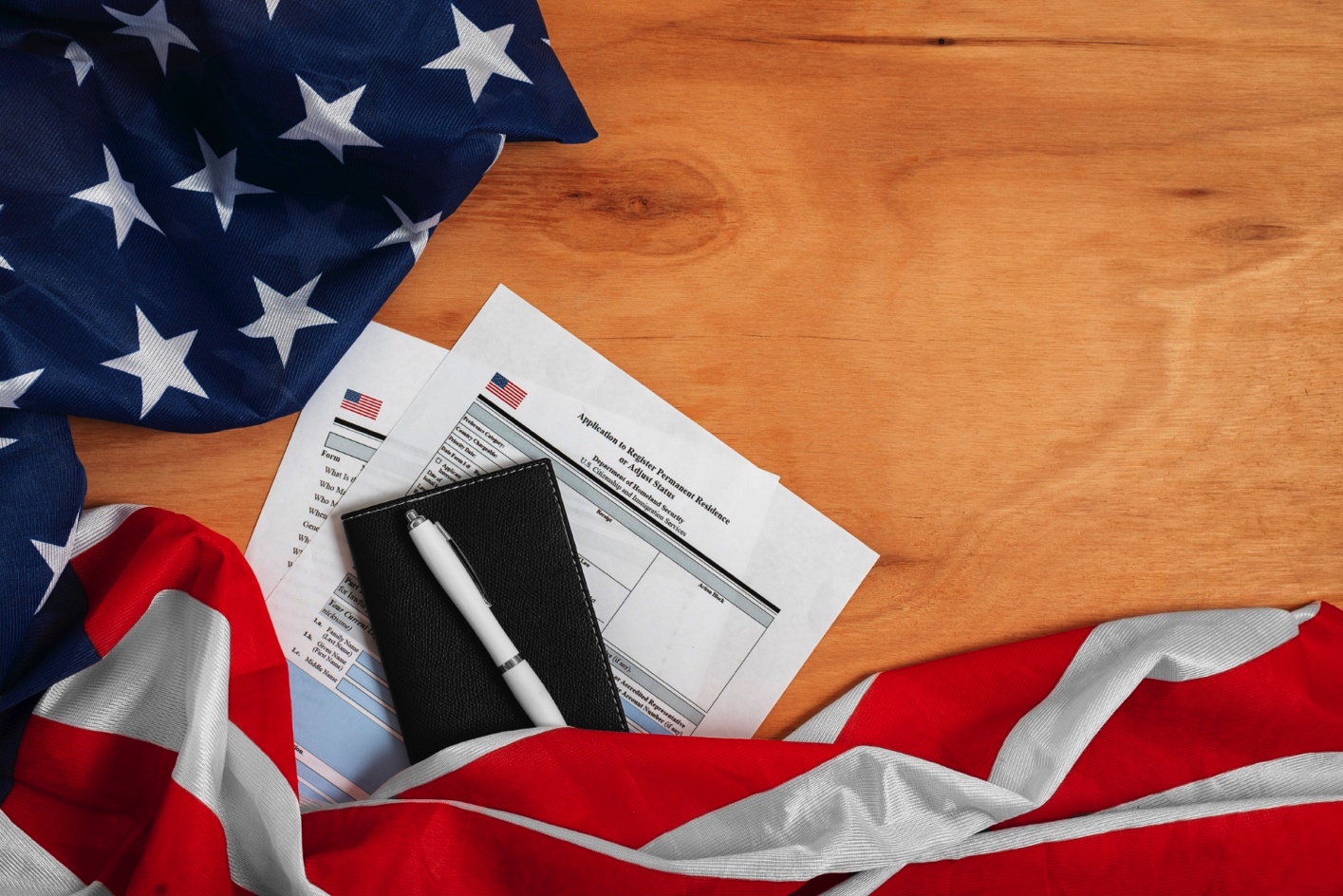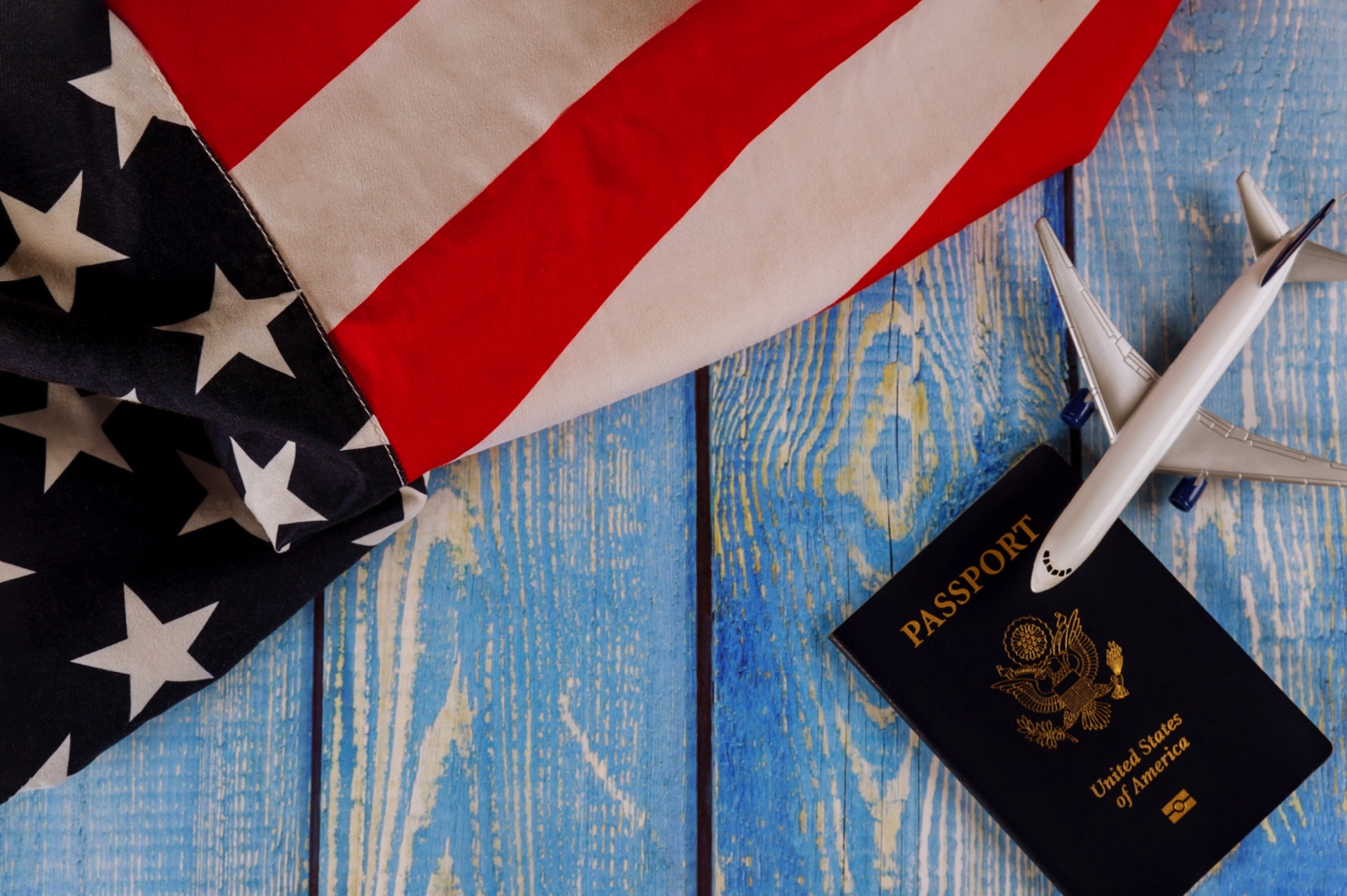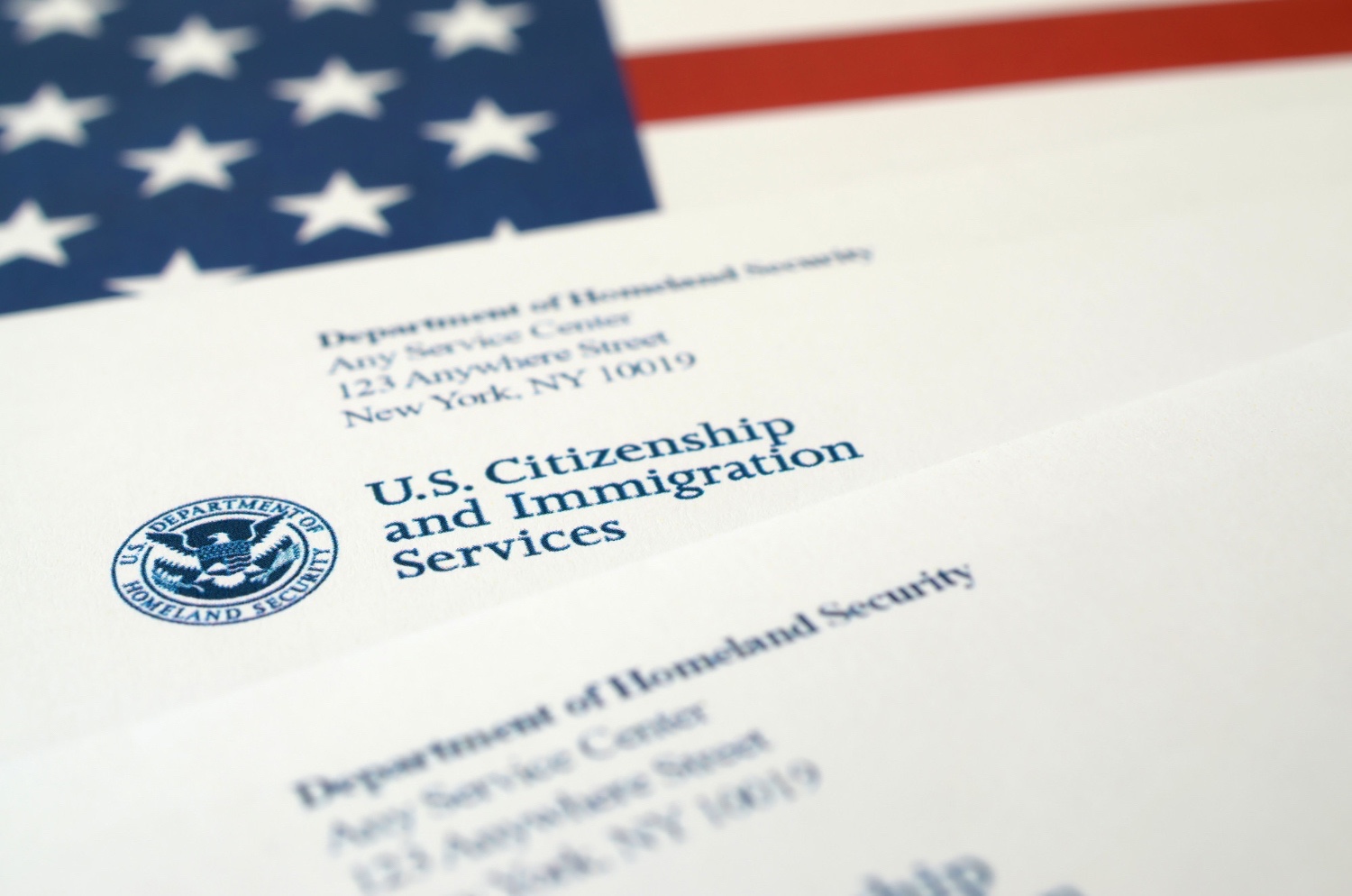Waivers of inadmissibility play a crucial role in overcoming obstacles faced by foreign nationals seeking legal status in the United States. Immigration laws in the Immigration & Nationality Act detail various scenarios that may render an individual inadmissible, such as prior immigration violations, criminal records, and misrepresentations to the U.S. government. In many cases, waivers are available to help individuals overcome these grounds of inadmissibility. As a dedicated New York Waivers Lawyer, we at Oltarsh & Associates, P.C. can provide the expertise and assistance required to navigate these complex legal hurdles.
A common ground of inadmissibility stems from a period of unlawful presence in the U.S. followed by an exit from the country. Waivers are available for adjudication while the foreign national remains inside the U.S. for those who have entered the U.S. illegally on one occasion, which is crucial for anyone who must leave the U.S. to obtain permanent residence at a U.S. Consulate or Embassy but risk triggering a bar from returning upon departure.
If a foreign national is unlawfully present in the U.S. for more than 180 days but less than one year and departs the U.S. before the initiation of removal proceedings, a three-year bar from returning is imposed. If the individual has been present in the U.S. for over one year, they are barred from returning for ten years.
The waiver process enables individuals who entered the U.S. illegally to obtain permanent residence through the visa process at a U.S. consulate overseas with minimal time abroad. This waiver is particularly beneficial for those who have no other means to obtain legal status, such as someone married to a U.S. citizen who entered the U.S. illegally. The waiver is available to those with U.S. citizen or permanent resident spouses or parents.

The Immigration & Nationality Act lists numerous crimes as grounds for inadmissibility, requiring a waiver to overcome such ineligibility. A frequent ground of criminal inadmissibility results from a conviction for a “crime involving moral turpitude,” often involving theft, fraud, and other forms of dishonesty. Commission of an act falling within the moral turpitude definition can be grounds for inadmissibility, even without a conviction. Because criminal laws in the United States vary from state to state, determining whether a specific criminal act triggers inadmissibility requires careful analysis.
Not all crimes are eligible for waivers. For instance, many convictions for violating controlled substance laws are ineligible for a waiver other than 30 grams or less of possession of marijuana. A thorough examination is essential in determining the availability of a waiver.
Interface with law enforcement in the immigration arena can have significant implications, even for seemingly minor crimes. Consultation with competent attorneys knowledgeable about the intersection of criminal and immigration law is critical. At Oltarsh & Associates, P.C., we have the expertise to competently represent foreign nationals seeking immigration benefits with a criminal history.
Foreign nationals who use fraud or material misrepresentation of facts to procure immigration benefits are inadmissible. Fraud typically involves false representations of material facts with knowledge of their falsity and intent to deceive. Willful misrepresentation must be willful but does not require intent to deceive. Misrepresentation and fraud are severe and, when found, result in a lifetime application of inadmissibility that can only be overcome with a waiver.
President Donald Trump signed an Executive Order banning foreign travel into the U.S. from several nations and included a provision stating waivers would be granted on a case-by-case basis. These waivers must show that denying entry would cause the foreign national undue hardship; entry would not pose a threat to U.S. national security or public safety, and that the entry would be in the U.S. national interest. President Biden, after taking office, issued an Executive order revoking these bans, so at the moment they are not part of the immigration system and hopefully will not return.

Waivers are filed in the U.S. in conjunction with applications for adjustment of status or for provisional waivers, as well as in removal proceedings and at U.S. consulates and embassies abroad. The location for submitting a waiver is determined by statute and designates the appropriate venue. Waivers required for the bar arising from unlawful presence can be applied for in the United States, even though the individual will process the case overseas. While most waivers are currently filed in the U.S., some may or must be submitted to the U.S. consulate. Cancellation of removal which is a request for permanent residence as a result of exceptional and extremely unusual hardship to U.S. citizen or permanent resident children, spouses, or parents through the removal process in Immigration Court are made before an immigration judge.
Most waivers are based on hardship to a defined immediate relative, with the level of hardship specified in the immigration statute. For example, unlawful presence waivers, fraud waivers, and waivers for crimes are based on extreme hardship to a U.S. citizen or permanent resident spouse or parent. Fraud waivers are likewise based on extreme hardship. Cancellation of removal is based on the exceptional and extremely unusual hardship to a child, spouse, or parent who is a U.S. citizen or permanent resident. Relevant factors include health issues requiring treatment in the U.S., family ties in the U.S. and the home country, significant financial issues, psychological and emotional issues, conditions in the country of relocation, social and community ties, and other individual circumstances that are pertinent to the inability to return to one’s previous home.
The U.S. government will also balance the negative history with the hardship. In exercising its discretion, USCIS will weigh the seriousness of the immigration violation against positive factors.

In all waiver cases, the assistance of an experienced immigration lawyer, in particular a New York waivers lawyer, for assessing the waiver case and preparing persuasive documentary evidence is crucial. Oltarsh & Associates, P.C. will evaluate the factual scenario to determine if a waiver is required and available. If a waiver is necessary and permitted, Oltarsh & Associates has had great experience and positive results with many waivers. We take the time to discuss the case in-depth and the evidence we will need to support our arguments. Our experienced attorneys and staff prepare and file the waiver package, submit it for adjudication, and guide you every step of the way. If you have any questions or believe a waiver may be necessary, please contact our expert New York Waivers Lawyers for a consultation.
This article is provided for informational purposes only, and does not constitute legal advice nor does it create an attorney–client relationship with Oltarsh & Associates, P.C. or any of its lawyers, employees and/or agents. Laws and policies change, and information here may not reflect the most current legal developments. You can contact us about your specific situation.
